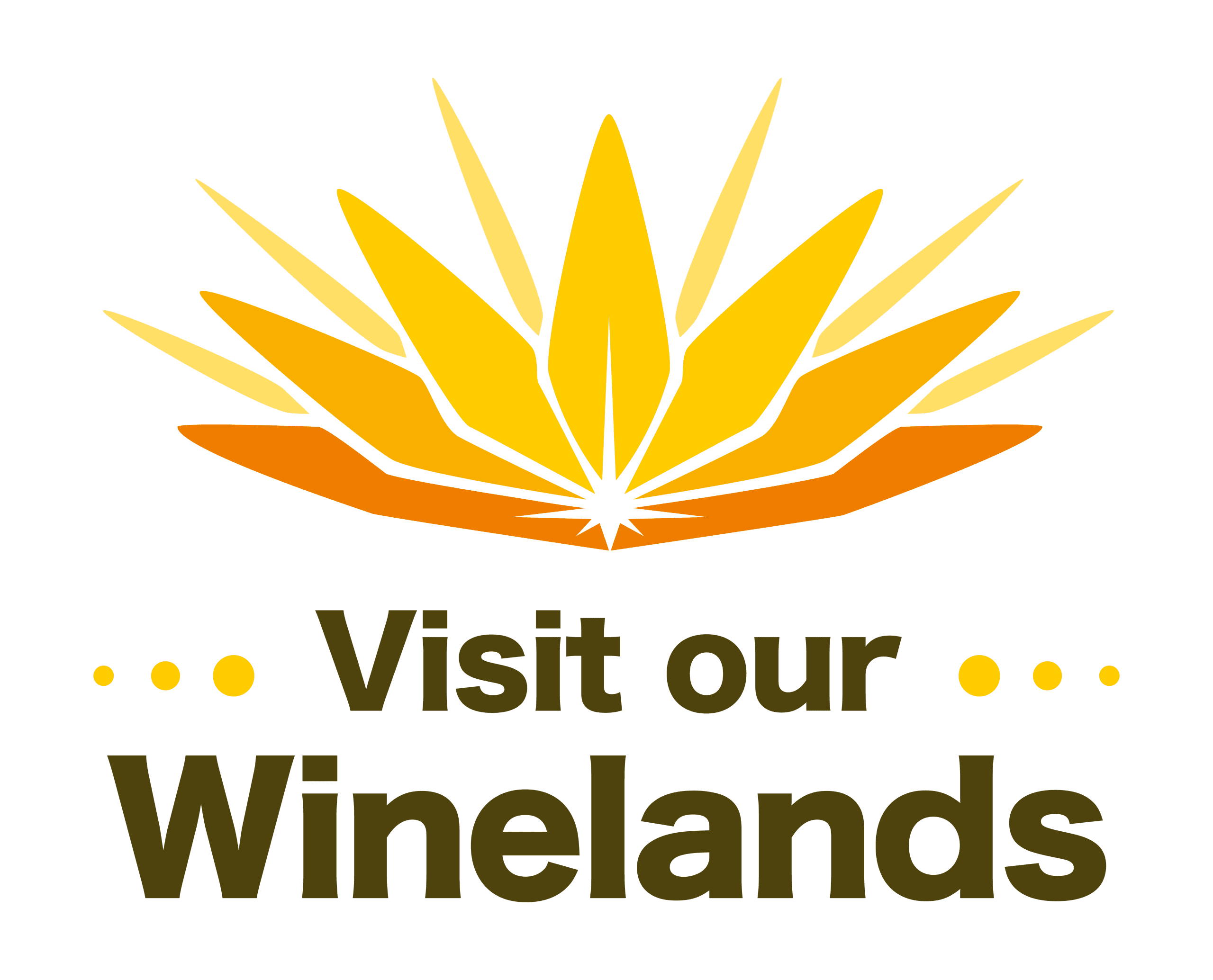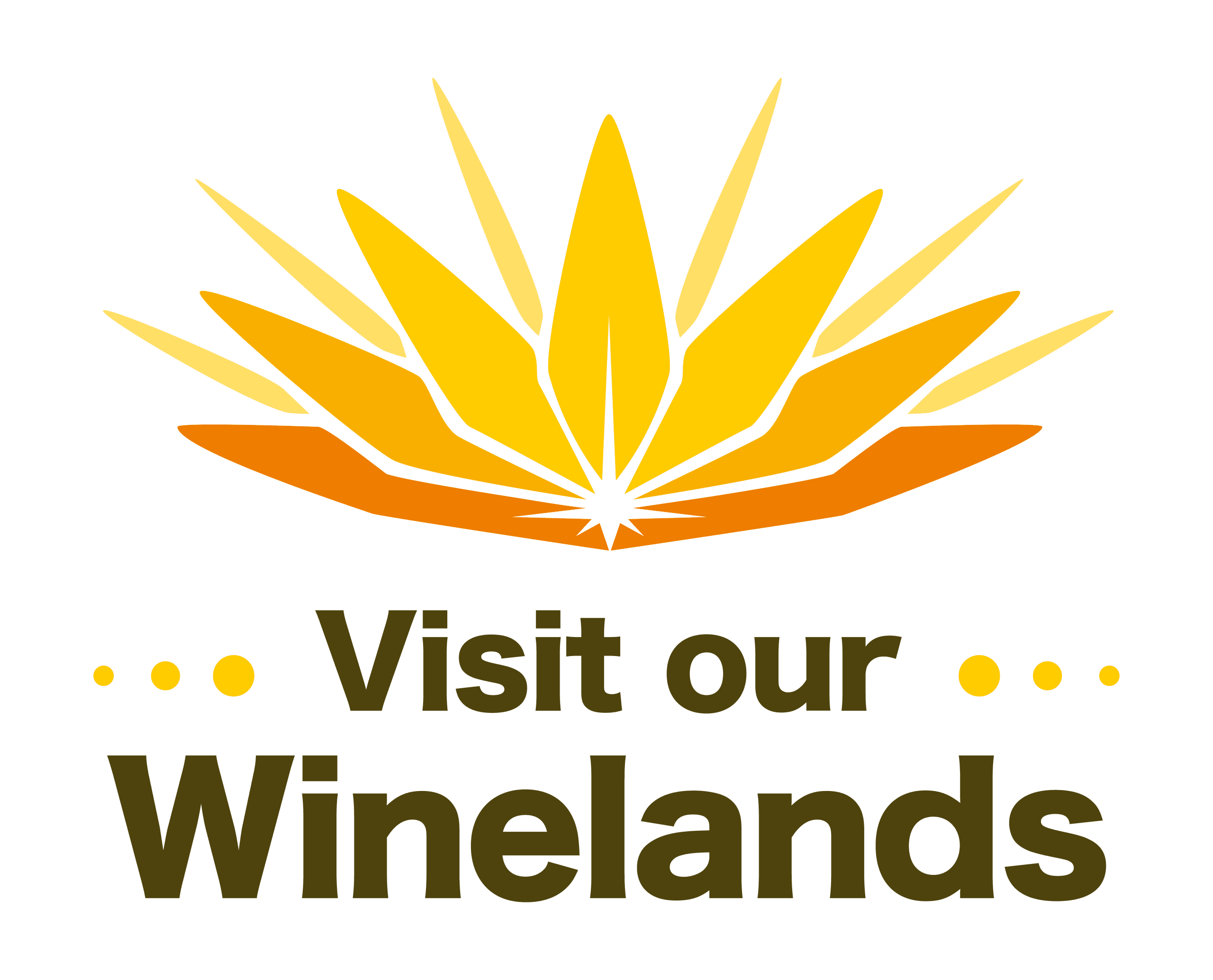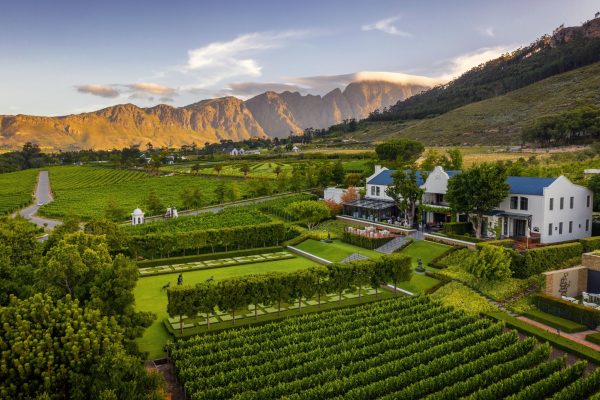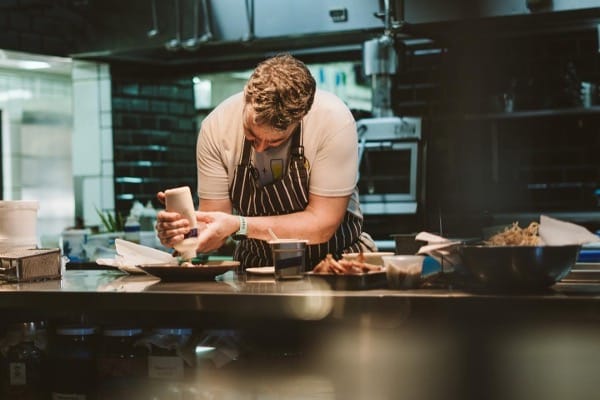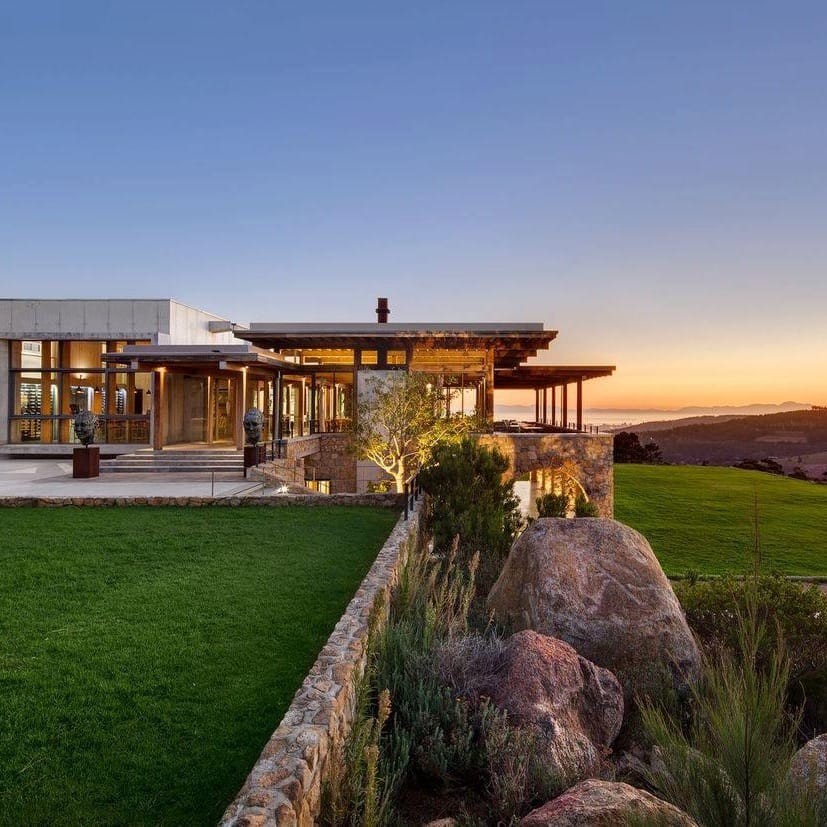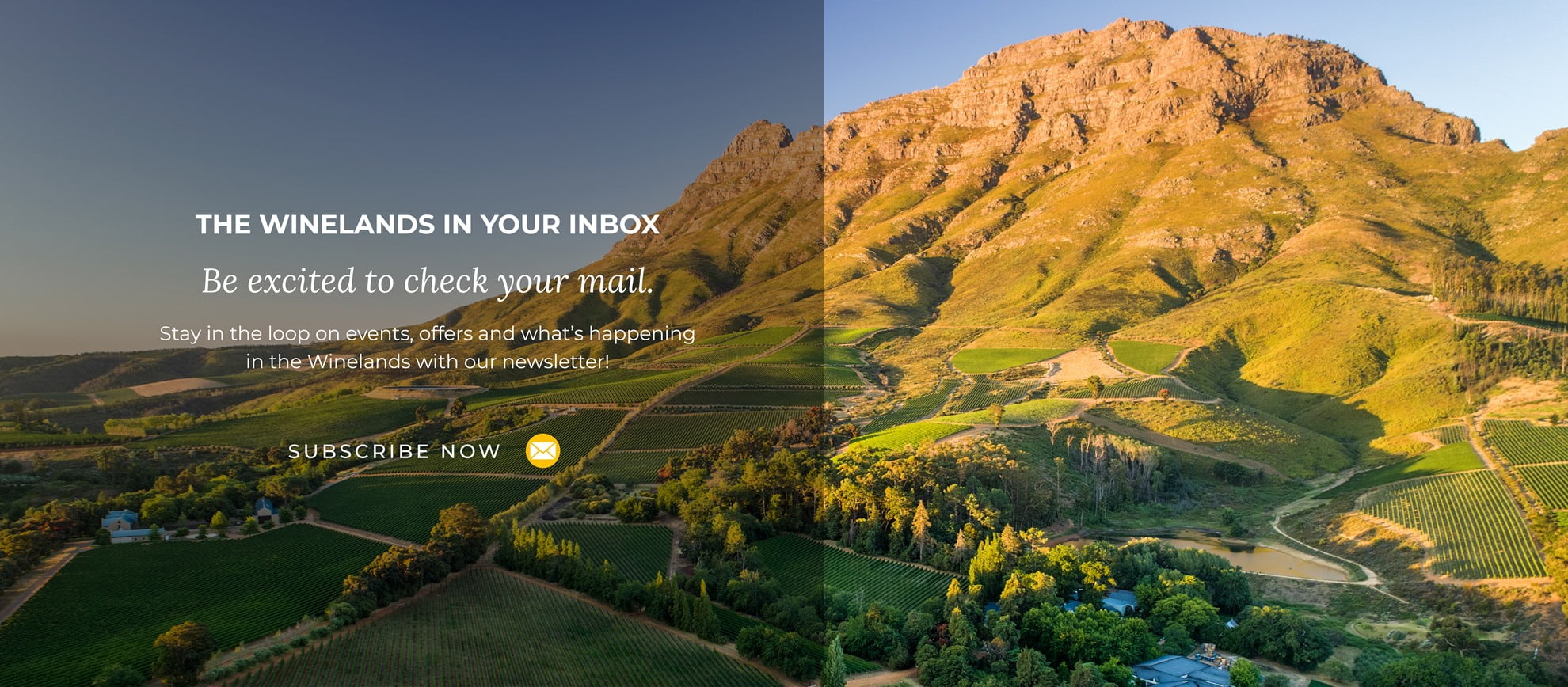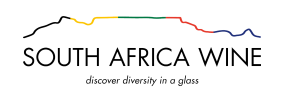South Africa’s winelands have always professed to welcome all. An initiative focused on language rather than tourism or wine, however, promises to take this hospitality and the wine industry in general to new heights.
A series of workshops with mother-tongue speakers of Shona, Zulu and Xhosa that lay the groundwork to make wine appreciation more widely accessible, has just been concluded. Led by the South African Chenin Blanc Association, a sector interest group, and several industry stakeholders, the project involves a re-interpretation of traditional wine descriptions.
The initiative is important because it recognises more regionally appropriate wine descriptions than those traditionally used by wine educators and professionals. In most settings – from upmarket restaurants to wine shows, tutored tastings to winery tasting rooms – sensory wine descriptions are necessarily narrow. Typical aroma and flavour characteristics are often linked to styles and winemaking techniques. Using terms familiar to the speakers makes for better communication of ideas.
While advancing the understanding, however, these descriptions can also be exclusionary – particularly to newcomers with little or no knowledge of wine. This holds true not only in a country as diverse as South Africa but also in a world where more people are being exposed to wine through cheaper and easier travel (under normal circumstances) and digital technology.
The problem is that wine descriptions are commonly associated with specific fruits, vegetables and natural environments like “forest floor”, “peaches” or “strawberries” – even though many of these only occur in certain parts of the world.
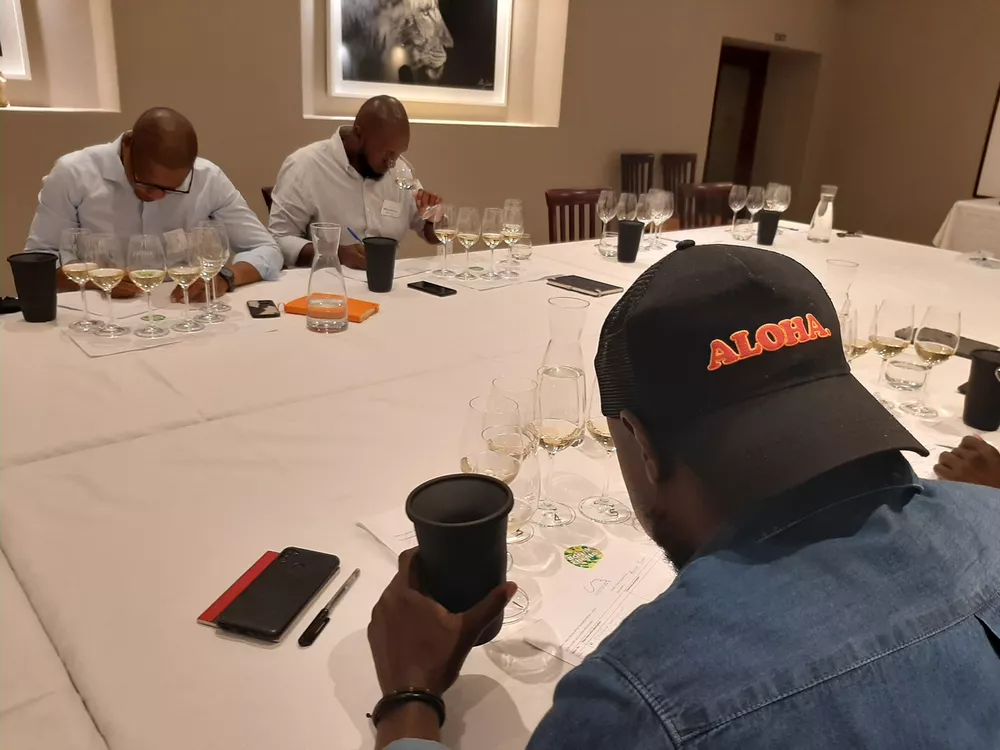
During the Chenin Blanc Association’s Shona workshop session at Jordan winery near Stellenbosch, Zimbabwean-born Joseph Dhafana said he was 30 years old when he first encountered gooseberries and asparagus, and that was after arriving in South Africa. Joseph is a former Head Sommelier at La Colombe who also twice captained Team Zimbabwe in the World Blind Wine Tasting Championships.
Joseph was among a group of seven sommeliers participating in the workshop that was led by an equally accomplished wine steward and entrepreneur, Tinashe Nyamudoka.
“What’s needed is a wheel with indigenous African fruits,” says Tinashe. “What I have come to realise is that some of the fruits are common in most countries, but we just have different names to them, for example, Monkey Orange is matamba in Shona, but the Zulus know it as umkwakwa. African Melon is gakak in Shona but mokapana in Zulu.”
“[This process] has changed my experience of wine and takes me back to my home,” he says. “It will help people like me, with my background. It broadens the conversation.”

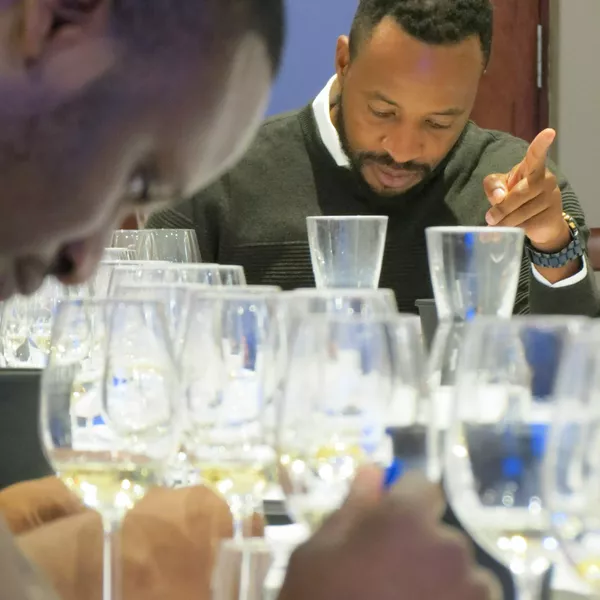
Similar comments emerged from all the participants, across the entire series of workshops. Each one presented several wines for blind tasting and required the contributors to individually note associations from their own backgrounds. These were then presented to the rest of the panel for discussion.
The process was adopted because addressing the problem required more than a mere translation of language-relevant materials for wine education and promotion. It recognised the importance and value of building confidence in wine appreciation: that moment when someone discovers the ability to deconstruct the sensory experience and identify components.
The project came about essentially as an extension of the Chenin Blanc Association’s Aroma Wheel, a graphic used by educators and sommeliers to guide the assessment of Chenin Blanc wines. The diagram was developed using data from the actual tasting and sensory evaluation of some 3 000 wines produced in South Africa from 2007 to date, in research conducted by the Stellenbosch University Institute for Wine Biotechnology Department of Viticulture and Oenology under the auspices of Dr Hélène Nieuwoudt.
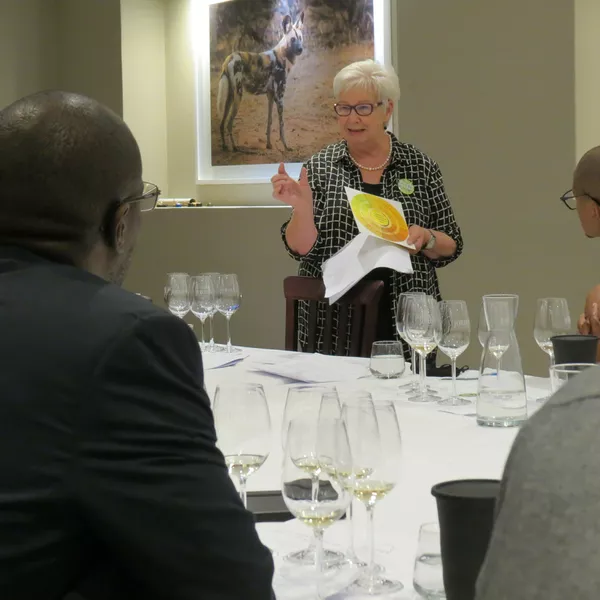
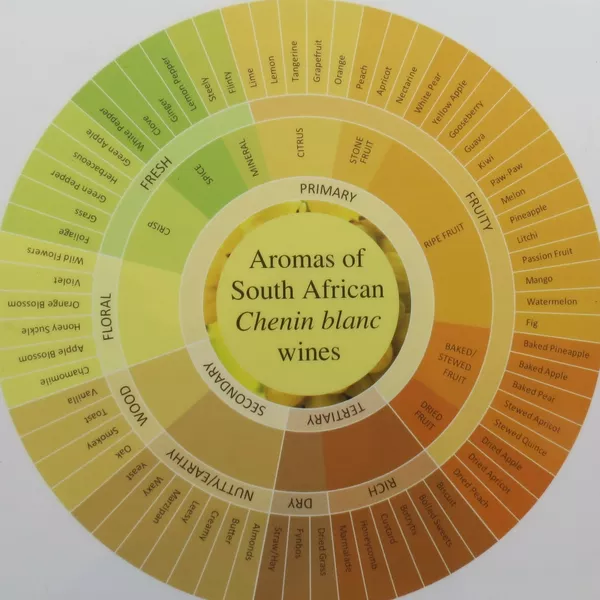
According to the project outline, original stakeholders included Winetech, the Department of Science and Technology and the National Research Foundation in conjunction with the Chenin Blanc Association, the Platter’s wine guide and Chenin Blanc-producing wineries.
Partners for execution include the South African Grape and Wine Research Institute, Institute for Wine Biotechnology Sensory Lab, Department of Viticulture and Oenology; Sun Media, Graphic Design Services; and Language Translation Services – all part of Stellenbosch University.
“An aroma wheel in a first language … most certainly creates a better springboard for recognition and understanding and thus play a part in wider knowledge transfer of Chenin blanc sensory attributes,” declares the outline. “Thus, a valuable asset for education and communication, making it possible for communication about wine attributes in preferred languages. This proposal then supports the love of, and growth of Chenin blanc in local markets.”
A more important highlight perhaps, it says the initiative contributes to economic recovery and growth by expediting the socio-economic impact and transformation of the industry.
The results of the workshops will be finalised in the new year and potentially result in an expanded series of aroma wheels.
